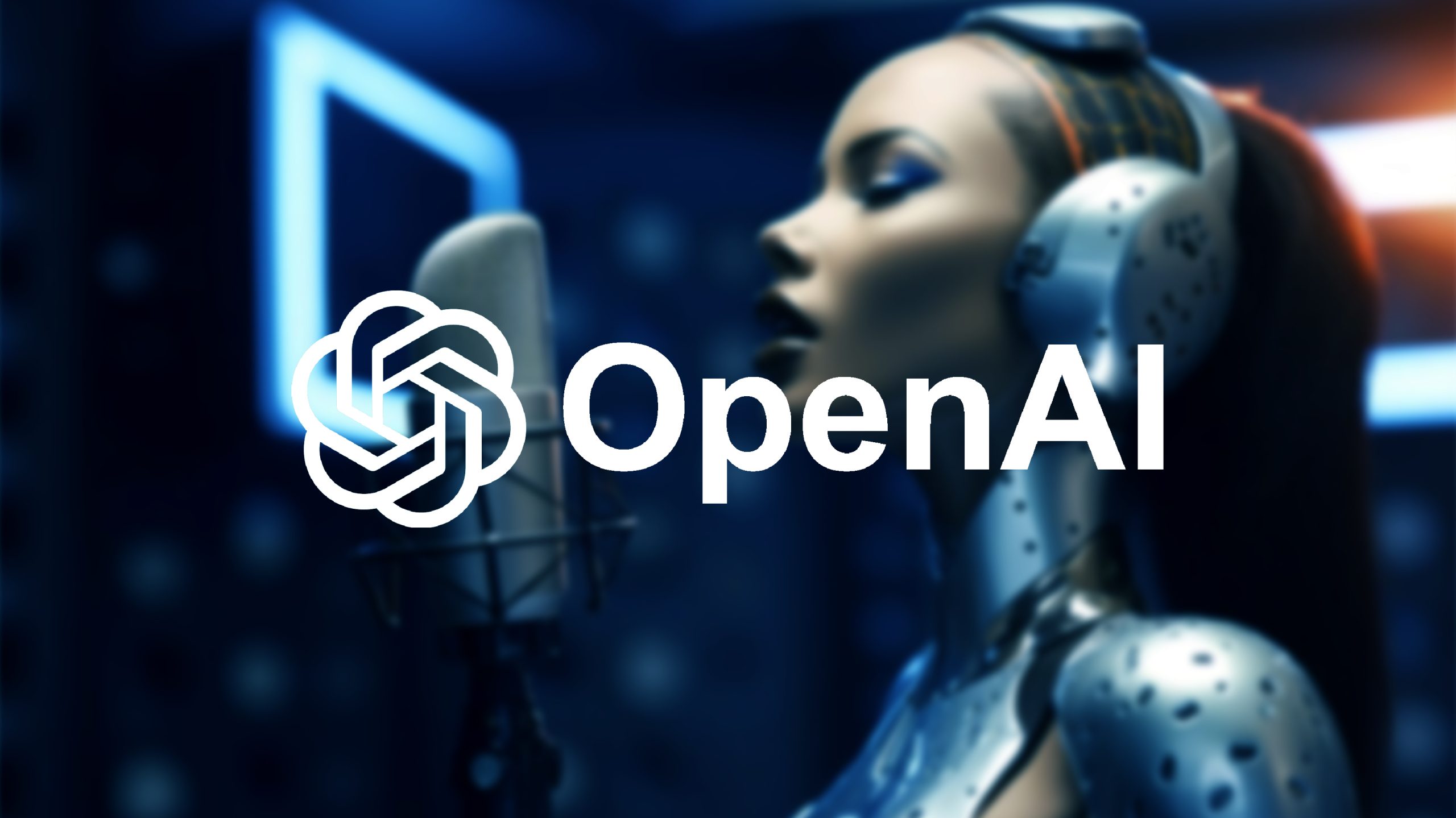
In recent developments, OpenAI has introduced an advanced Voice Mode in ChatGPT, leveraging its GPT-4o model to create interactions that are strikingly human-like. This new feature has sparked widespread discussion about the potential psychological and societal impacts, thrusting us towards the uncanny valley where the line between human and machine becomes eerily blurred.
What’s New with OpenAI’s Voice Mode?
The Voice Mode feature of ChatGPT, powered by OpenAI’s GPT-4o model, enables the AI to engage in real-time conversations with a naturalness previously unattainable in synthetic voices. This capability was showcased during OpenAI’s Spring Launch event, highlighting how the AI could mimic human emotional nuances and maintain context in dialogues—features that significantly enhance user experience but also raise profound ethical and psychological questions.
Technological Innovations and Ethical Considerations
The Voice Mode operates on a sophisticated text-to-speech (TTS) system that learns the nuances of speech by analyzing paired audio and transcriptions. This system can generate audio that not only speaks text but does so in a manner that reflects how a human with a similar voice might speak, adding layers of realism to AI interactions.
However, OpenAI has raised concerns about the potential for users to become emotionally reliant on AI, an issue that has gained attention with the introduction of these hyper-realistic voices. The new voice mode has shown capabilities that could encourage users to form bonds with AI, potentially at the expense of human relationships. OpenAI’s report acknowledges the risk of anthropomorphization—attributing human traits to AI—which could lead to misplaced trust and emotional reliance.
The Balance of Innovation and Isolation
The advancement in AI voice technology offers significant benefits, such as providing company for the lonely or aiding those with disabilities. Yet, it also poses risks to social norms and interpersonal relationships. Extended interactions with such AI could influence how individuals relate to one another, potentially encouraging more isolated lifestyles.
Global Impact and Policy Engagement
As part of its deployment strategy, OpenAI has engaged with policymakers and stakeholders worldwide to discuss the capabilities and risks associated with synthetic voice models. This dialogue aims to shape policies that protect individual privacy and prevent misuse of AI technologies, ensuring that innovations like Voice Mode contribute positively to society while safeguarding against potential harms.
Looking Ahead: Safeguarding the Future
The ongoing development of Voice Mode includes rigorous safety measures, such as watermarking and proactive monitoring, to prevent unauthorized use and ensure transparency. These measures are part of a broader strategy to address the ethical challenges posed by increasingly sophisticated AI systems.
OpenAI’s Voice Mode is a significant step forward in AI technology, offering new ways for machines to interact with humans. However, as we edge closer to crossing the uncanny valley, it is crucial to consider not only the technological capabilities but also the ethical dimensions of these advancements. Ensuring that AI serves humanity beneficially while mitigating risks will be paramount as we navigate this new frontier.